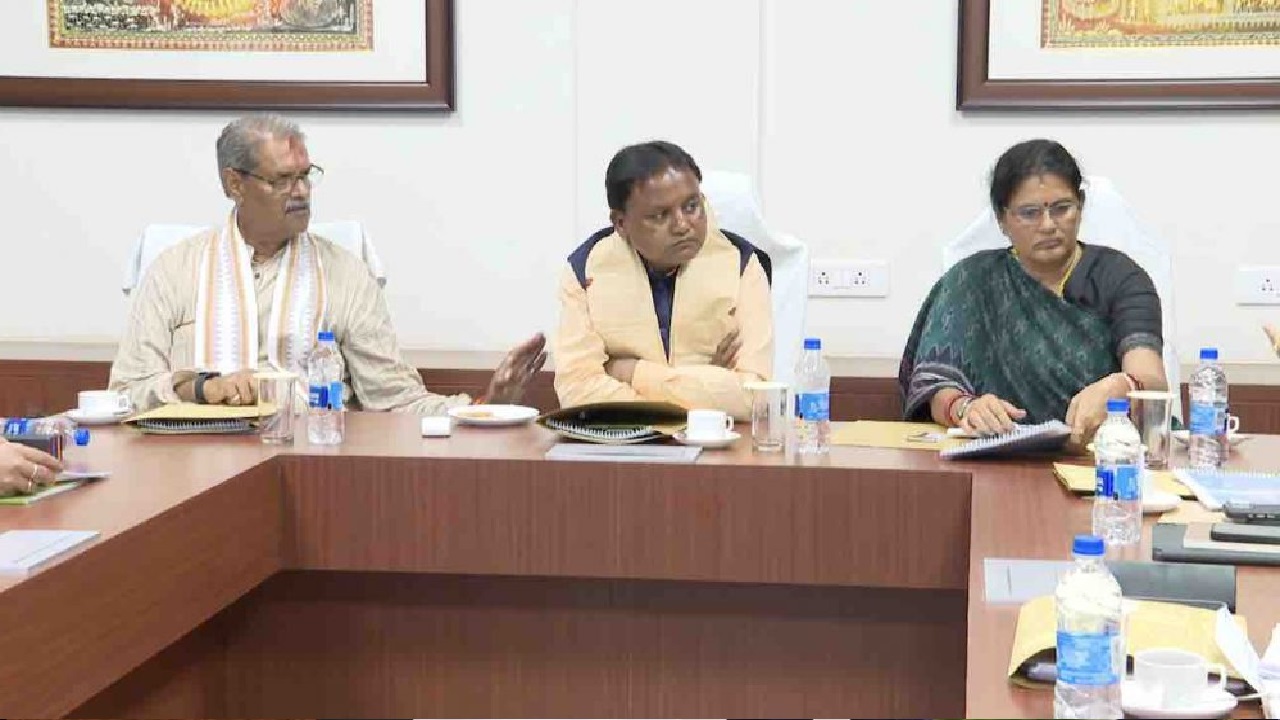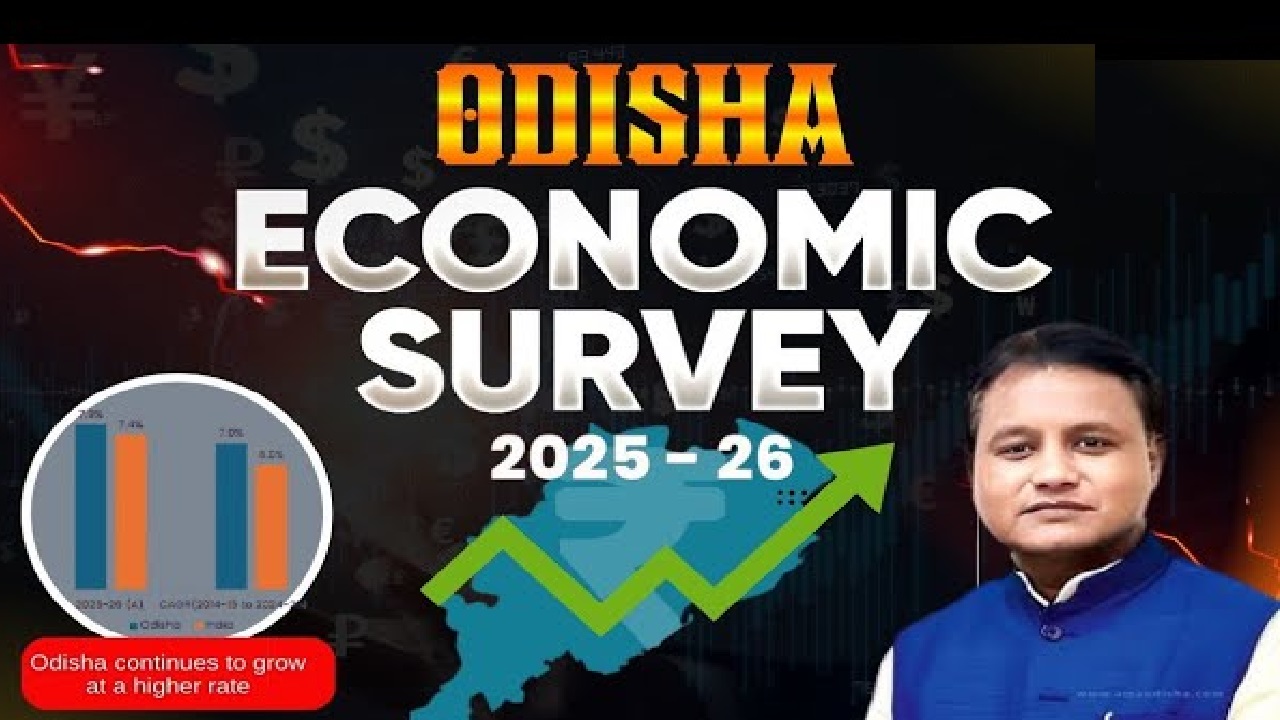As the Bharatiya Janata Party (BJP) completes its first 100 days in power in Odisha, Chief Minister Mohan Charan Majhi has claimed significant progress. Key achievements include the opening of all four doors of the Shree Jagannath Temple in Puri and the launch of the Subhadra Yojana, aimed at empowering women. Additionally, the Minimum Support Price (MSP) for paddy has been increased to ₹3,100 per quintal. However, despite these milestones, the government faces several challenges as it moves forward, including financial burdens, internal coordination issues, and unfulfilled promises.
Odia Asmita: A Balancing Act for the BJP
Odia Asmita, or Odia pride, was the central theme of BJP’s election campaign and helped the party secure victory. However, after coming to power, the BJP’s focus on Odia Asmita seems to have waned. The state cabinet approved proposals for establishing an academy to promote the Odia language and literature and constructing an Asmita Bhavan, but no concrete actions have been taken to implement these plans.
In addition to this, the government is on the defensive regarding the renaming of Ravenshaw University and the mishap involving Lord Balabhadra’s idol during the Adapa Mandapa Bije ritual. These sensitive issues, if not handled carefully, may turn against the government, eroding the very support that brought it to power.
Financial Strain on the State
The increase in MSP for paddy and the launch of the Subhadra Yojana, with its first installment already credited to beneficiaries, are two key promises that have been fulfilled. However, these initiatives come with a significant financial burden on the state. While the BJP has repackaged some existing schemes from the previous regime, implementing them and other central government programs could strain state resources.
The Majhi government will face the herculean task of generating funds to sustain these promises. As more welfare schemes are introduced, finding adequate financial resources will become a major challenge, especially with the state’s limited revenue base.
Internal Coordination Issues
In the first three months of its tenure, the BJP government has faced internal coordination problems, with Ministers making conflicting statements on critical issues. Social Security Minister Nityananda Gand’s comments about banning liquor, followed by Urban Development Minister Krushna Chandra Mohapatra’s controversial remarks on removing red lights at traffic posts, have led to public confusion.
The Excise Minister’s comments on student union elections further highlighted the lack of cohesion within the government. If such missteps continue, the BJP’s image could be tarnished, and effective governance could be compromised. The Majhi administration must work on fostering better teamwork to avoid further embarrassment and ensure smoother functioning.
Unresolved Issues from Opposition Days
During its time in opposition, the BJP frequently criticized the previous Biju Janata Dal (BJD) government over unresolved issues like the Polavaram project and the Mahanadi River water dispute. Now that the BJP holds power both in Odisha and at the Center, the party must act on these issues, as it can no longer shift the blame to others.
Furthermore, the long-standing demand for establishing a permanent bench of the Orissa High Court continues to be a sensitive issue that the Majhi government will need to address. The BJP’s earlier demand for special category status for Odisha also remains unresolved. Failure to act decisively on these matters could result in a significant political backlash, undermining the party’s credibility.
Navigating the Road Ahead
Despite achieving key milestones in its first 100 days, the BJP government in Odisha faces multiple challenges that could define its future trajectory. The Majhi administration will need to tackle issues related to Odia pride, financial management, internal coordination, and unresolved political matters. If the government cannot handle these challenges effectively, the double-engine government—BJP’s control over both the state and central administrations—may face setbacks in the long run.
(With inputs from agencies)








